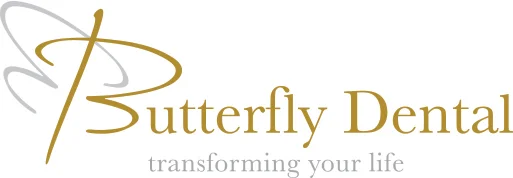Our dentist Bob is now offering dental hypnosis to help relax nervous patients before treatment.
What exactly is hypnosis?
Hypnosis is a procedure which enables a health professional to suggest a trancelike state of relaxation, calmness, and well-being in order for a patient to experience changes in perceptions, thoughts or behaviour. This procedure often includes instructions to imagine or think about pleasant experiences.
Patients who have experienced hypnosis often describe it as an altered state of consciousness (as opposed to being unconscious, or ‘asleep’), similar to daydreaming, or a normal state of focused attention, in which they feel very calm and relaxed. It can be likened to meditation at a yoga session. Everyone responds differently to hypnosis, but regardless of how and to what degree they respond, most people describe the experience as very pleasant. Contrary to popular belief, patients are still fully in control of their own behaviour under hypnosis and retain enough awareness to recall what happened to them under hypnosis.
Within dentistry, hypnosis can be used very effectively to help reduce anxiety over dental treatment, and can even help to reduce severe gag reflexes to make treatment more comfortable. We are now offering hypnosis as an alternative option to sedation for certain treatments. In many ways it is preferable to sedation as there is no recovery time, fewer complications (especially for patients with complicated medical histories), and it is also more cost-effective for the patient. Please give us a call on 0161 941 2048 or email info@butterflydental.com if you would like to know more.



